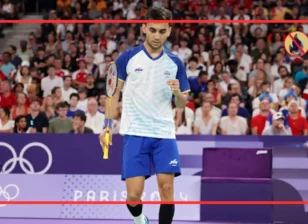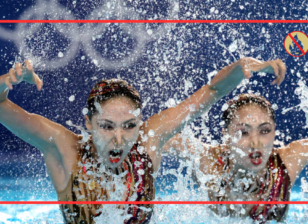French Soft Power: A Glimpse into the Future or a Fantasy?
In an ever-evolving landscape of international relations and cultural exchange, the concept of soft power has gained prominence as a critical tool for shaping a nation’s influence on the global stage. France, with its rich cultural heritage and historical significance, has long been recognized as a frontrunner in deploying soft power strategies through its cultural diplomacy. The interplay between public and private actors, along with a strategic approach, has enabled French cultural institutions to foster a unique blend of tradition and innovation.
However, as the world navigates the complexities of the 21st century, questions arise about the sustainability and efficacy of French soft power initiatives. Does French soft power offer a glimpse into a promising future, or is it merely an idealistic fantasy that requires careful examination in the contemporary global context.
Historical Context
France’s strong emphasis on the promotion of universal values, academic excellence, and humanism has laid the foundation for its soft power influence. Throughout history, French cultural management has demonstrated a commitment to respecting human dignity and rights, thereby solidifying its reputation as a champion of humanitarian ideals. The country’s notable museums and art institutions have served as key pillars of its cultural diplomacy, fostering international cooperation and understanding.
The Current Landscape: Challenges and Opportunities
As the dynamics of international competition continue to shift, France faces the challenge of maintaining its cultural presence in an increasingly digital and globalised world. The fusion of digital technology in art, coupled with the rising prominence of cultural and creative industries, necessitates a recalibration of the French soft power strategy. The need for sustainable development and a human-centred approach to globalisation further underscores the urgency for a comprehensive action plan to ensure the longevity of French cultural influence.
Public-Private Partnerships and Cultural Institutions
A crucial aspect of France’s soft power approach lies in the collaboration between public and private actors. The fostering of strong public-private partnerships has enabled French cultural institutions to thrive and innovate, thereby contributing significantly to the country’s global cultural footprint. The strategic alignment of these partnerships with the overarching soft power strategy has facilitated the seamless integration of French values and narratives into the international discourse.
The Role of Humanism in the 21st Century
Amid the complexities of the contemporary geopolitical landscape, the preservation and promotion of humanism remain central to France’s soft power objectives. By championing human-centred globalisation, France aims to position itself as a beacon of ethical cultural diplomacy, emphasising the importance of empathy, inclusivity, and diversity. This emphasis on humanism not only enhances France’s soft power but also contributes to the broader discourse on global cultural exchange and understanding.
European Horizon and the EU Presidency
As France continues to navigate the European horizon, its role as a frontrunner in cultural diplomacy is crucial in shaping the collective soft power of the European Union. The upcoming European Union presidency provides an opportune moment for France to further consolidate its soft power influence, not only within the EU but also on the global stage. The alignment of French soft power objectives with the broader vision of the EU presidency is instrumental in fostering a cohesive and impactful approach to cultural diplomacy within the European context.
A Glimpse into the Future: Reimagining French Soft Power
Despite the challenges posed by the rapidly changing global landscape, the future of French soft power remains promising, provided it adapts to the contemporary demands of cultural diplomacy. Embracing digital innovation, nurturing public-private partnerships, and prioritising sustainable development are integral to reinvigorating France’s soft power strategy. By leveraging its rich cultural heritage and values, France can not only maintain but also strengthen its position as a frontrunner in global cultural influence.
Conclusion
French soft power, with its emphasis on cultural diplomacy, universal values, and humanism, continues to occupy a significant place in the global discourse. As France navigates the complexities of the 21st century, its ability to adapt and innovate within the realm of cultural and creative industries will be crucial in ensuring the longevity and relevance of its soft power influence. By embracing a holistic and forward-thinking approach, France can transform its soft power initiatives from a mere fantasy into a sustainable and impactful reality on the global stage.





